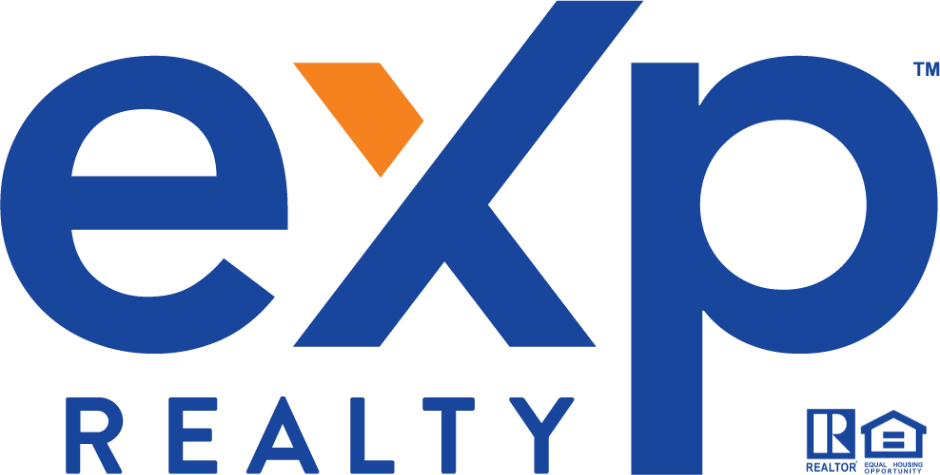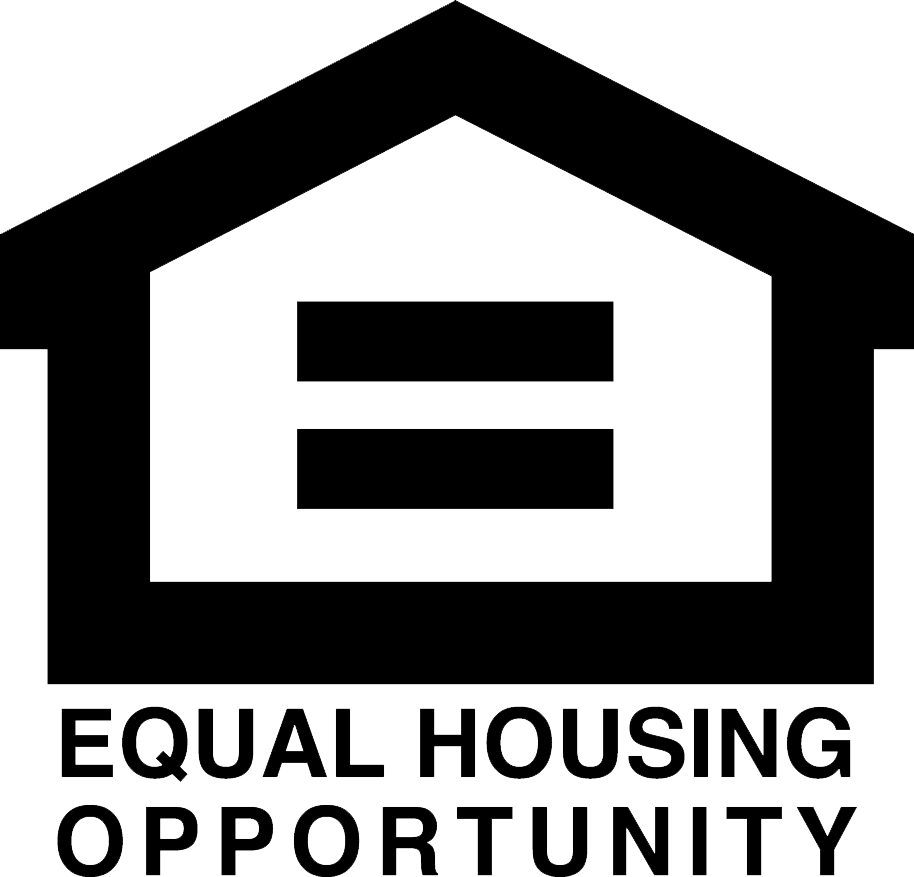
- Drive through all the neighborhoods in your price range you’re considering. Determine which one overall has the best feel for you. You have to be able to picture yourself driving home in the evening. Which community would feel most appealing as you end your commute? Which would make you feel most at home? This is a gut-feel issue, and as you consider these different communities, you must enter your feelings into the decision making process and take note of it. Also, consider that consistency of curb appeal is critical. Is there consistent pride of ownership in the community homes? One poorly maintained home could bring down the value of an entire neighborhood.
- Research on the quality of schools present in the community. Sure, schools may or may not be important to you as an individual; you may or may not have kids of your own but try to think outside of this. Schools may be critical to the future buyer of your property if you do decide to resell. Grade schools can dramatically impact the coming values in a particular neighborhood.
- Consider other community amenities or establishments. Are there common areas or parks in the location? Is the neighborhood child friendly? Are you looking for an area that attracts specific types of families? Is there a neighborhood common area such as a clubhouse, basketball court or even a pool? Is this important to you? If so, also look into the concern of it being maintained by a homeowner’s association. What are the monthly dues? Can you afford them? Is neighborhood recreation appealing to you? Will these amenities add to the value of your home when its time for you to sell?
- Consider all negative aspects of the area including pollution, even noise pollution or any other possible distractions in the neighborhood. Do you hear traffic or other annoying noises? How will this affect you? Spend a little bit of time in the neighborhood in the evening and listen for annoyances like barking dogs, loud music, etc.
- Will you be a match for the community? What are the demographics of the neighborhood? Do you fit in? Are there characteristics of the residences ones that are appealing to you? Consider the future and think if the area demographics will make your choice home easier or more difficult to sell?
- Look for a neighborhood that offers home styles and architecture that is most pleasing to your eye. You have to be able to love the place; this means that as you drive down the local streets, you should be thinking, I really enjoy looking at these homes. Again, you may end up living in this community for a very long time.
- Also consider access to the area. Are there access issues in getting into or out of the area? Are there power lines nearby? Are the community utilities above or below ground? Consider what you must drive through to get to the subject neighborhoods. If you happen to pass through a bunch of ugly to get to a beautiful neighborhood, the nasty will detract from your home’s appeal. You would not want your home to be the only beautiful thing in the area that you love. Assure the surrounding area enhances the appeal and the value of your chosen location.
- Try to be unique. Search for neighborhoods that offer an attractive uniqueness, which will be appealing to the majority. If you purchase in a neighborhood that is a cookie cutter duplicate of many other communities in the area, you’ll have nothing different to sell when the time comes to move. Positive uniqueness is attractive.
- Ask yourself if there is anything about your lifestyle that will not fit well into the targeted communities. You have to be able to visualize your daily activities and routines fit in the new surroundings. Are you a mature adult without children who is buying in a community of young families? Do you have pet that may be prohibited in the area? If you live a white-collar lifestyle, do you want to move into a blue collar neighborhood? Buy within a community that is consistent and appropriate to your lifestyle.
- A neighborhood’s workability score may be a concern for future home buyers. How close is the community to shopping? To banking? To grocery stores, and to other conveniences locations? Easy access to services can be a major consideration for some potential purchasers. Proximity to amenities can also be an excellent home value enhancer. How far do you have to travel to get your groceries? Weigh in on this and decide.
To make your neighborhood search easier, we suggest that before beginning your quest, you take the time to write down the community criteria that is important to you. These written criteria can then be used as guidelines to help you make an informed and wise location choice. Don’t stray too far from your written standards. Please choose a neighborhood carefully. The last thing you want to do after you’ve purchased a home is to find yourself regretting any missed opportunities you may have prevented if you prepared better.
If you are planning to buy or sell a home, let The Incorvaia Team make the process as easy as possible for you. Call us at 440-879-7130 today!



